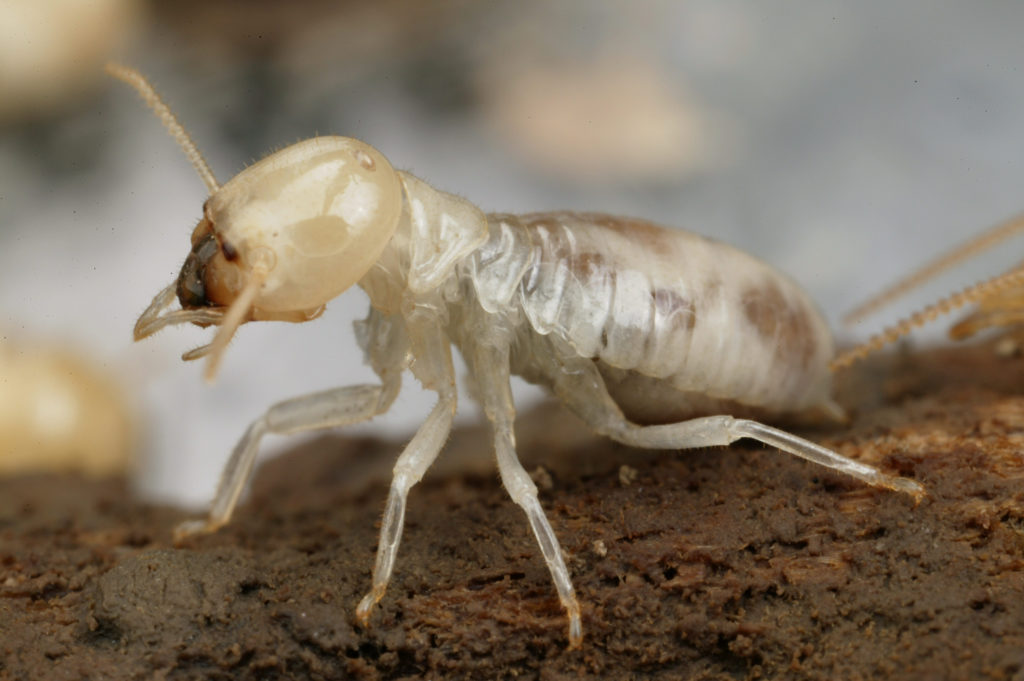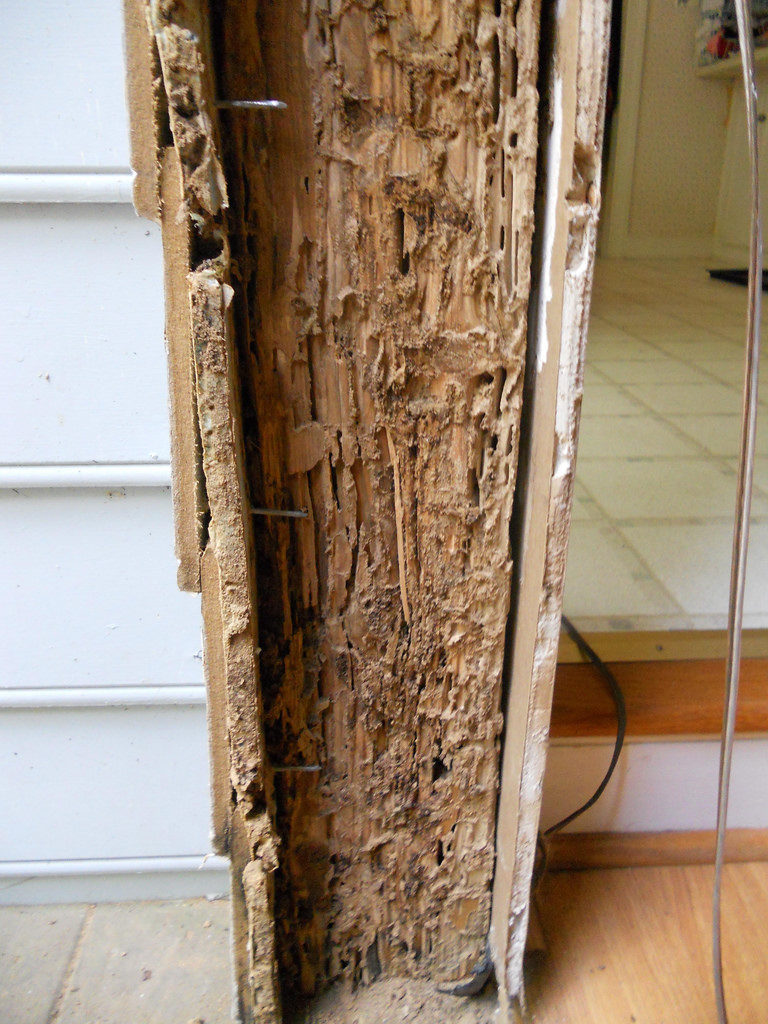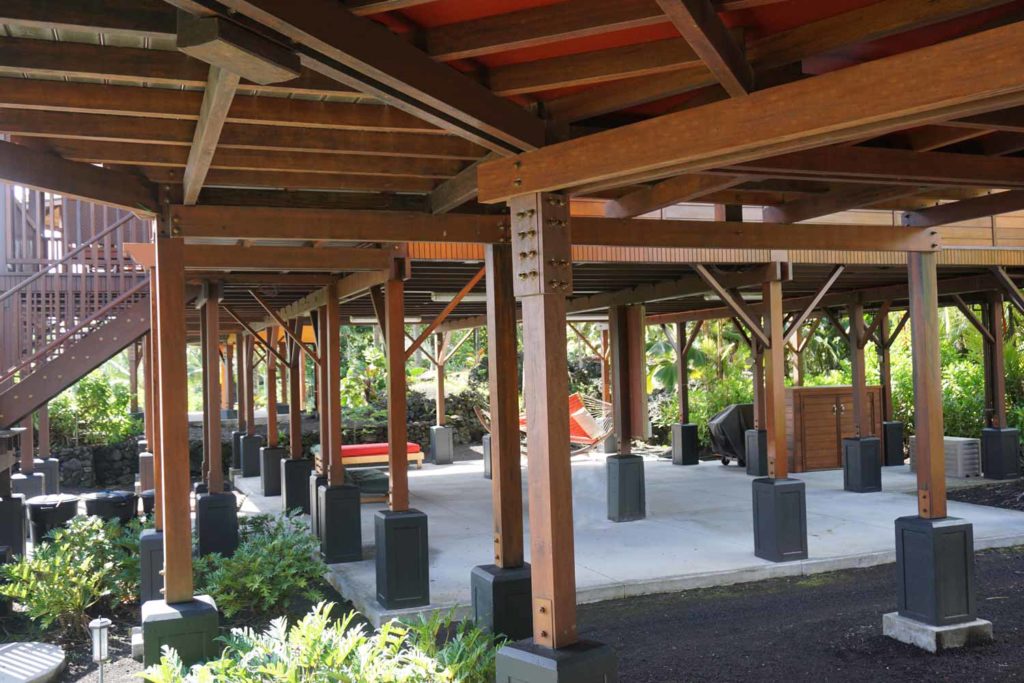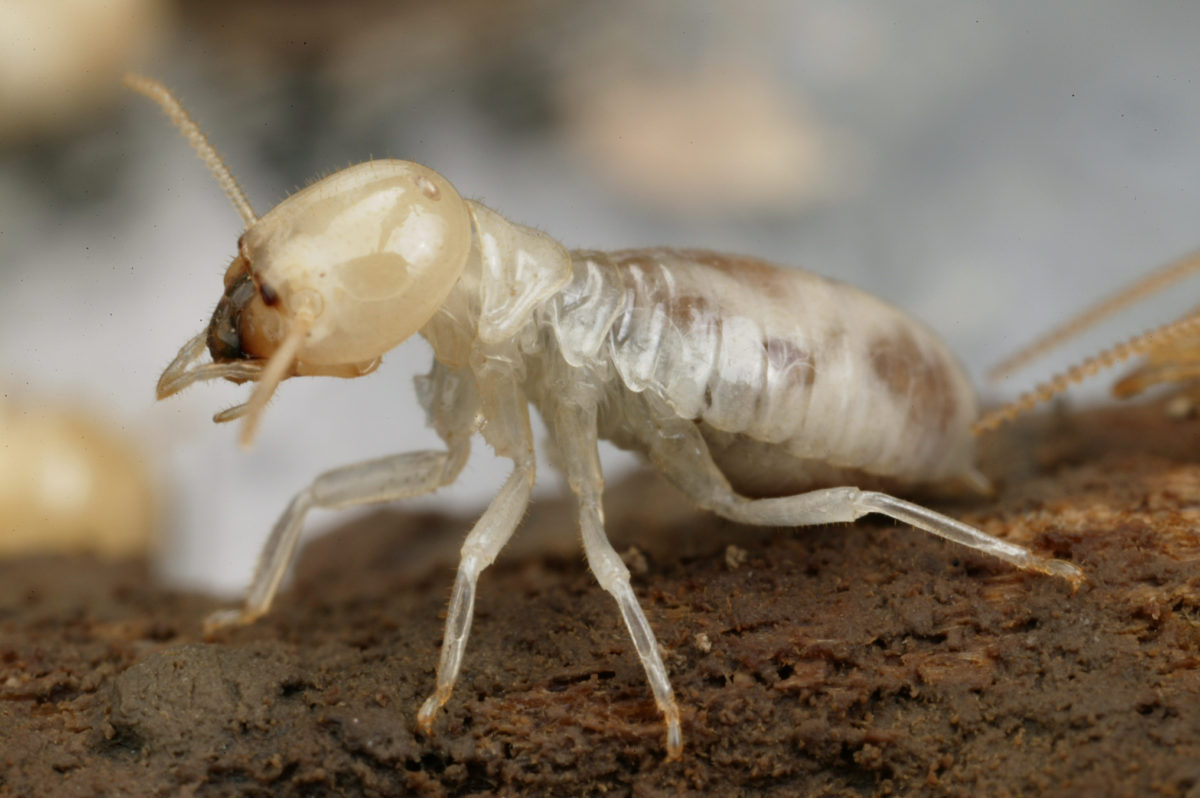 A termite is a constant threat to your home. Termites are often called the “silent destroyer” because they may be secretly hiding and thriving in your home without any immediate signs of damage. Termites have the ability to chew through wood, plywood and even wallpaper undetected.
A termite is a constant threat to your home. Termites are often called the “silent destroyer” because they may be secretly hiding and thriving in your home without any immediate signs of damage. Termites have the ability to chew through wood, plywood and even wallpaper undetected.
Termites are among the most successful groups of insects on Earth, colonizing most of the populated world except for the North Pole and Antarctica. Their colonies range in size from a couple of hundred individuals to enormous societies with several million individuals. Termite queens have the longest lifecycle of any insect in the world, with some queens living up to almost 50 years. Each individual termite goes through a complete metamorphosis that proceeds through egg, nymph and adult stages. Over more than 3,000 species are currently discovered, with a few hundred more left to be described. Termites date back more than 120 million years to prehistoric times. Each year, termites cause more than USD 5 billion in home damage that often is not covered by insurance companies.
 One of the most frequently asked questions by Teak Bali clients relates to termites. Many homeowners are curious about whether our tropical timbers provide resistance against termites. An article published in 2005 by the Tropical Agriculture faculty of the University of Hawaii in Manoa demonstrates that “Bangkirai” and “Merbau” hardwoods are extremely deterrent to termites, with performance comparable to preservative-treated wood. In these laboratory studies, which you can access on the University of Hawaii Website, Kenneth Grace of University of Hawaii evaluated the resistance of Bangkirai and Merbau tropical hardwoods against the attack by the Formosan subterranean termite. Each individual wood sample was exposed to 400 termites for a 4-week (28-day) period. The termites were provided with samples of Indonesian sourced Bangkirai, Merbau. Typically, Douglas-fir wafers were virtually destroyed in the 4-week test period. While the Douglas-fir wafers lost approximately half their mass to termite feeding during the 4-week period, Bangkirai and Merbau wafers were barely touched.
One of the most frequently asked questions by Teak Bali clients relates to termites. Many homeowners are curious about whether our tropical timbers provide resistance against termites. An article published in 2005 by the Tropical Agriculture faculty of the University of Hawaii in Manoa demonstrates that “Bangkirai” and “Merbau” hardwoods are extremely deterrent to termites, with performance comparable to preservative-treated wood. In these laboratory studies, which you can access on the University of Hawaii Website, Kenneth Grace of University of Hawaii evaluated the resistance of Bangkirai and Merbau tropical hardwoods against the attack by the Formosan subterranean termite. Each individual wood sample was exposed to 400 termites for a 4-week (28-day) period. The termites were provided with samples of Indonesian sourced Bangkirai, Merbau. Typically, Douglas-fir wafers were virtually destroyed in the 4-week test period. While the Douglas-fir wafers lost approximately half their mass to termite feeding during the 4-week period, Bangkirai and Merbau wafers were barely touched.
 One other thing to consider is the style of foundation that is utilized. As termites are coming out of the ground, when a slab foundation is utilized, this helps to protect the house from overall insect attack (Not only termites). A typical Teak Bali House will have the Posts tethered to Pier Blocks protruding out of the slab. This is a clean look and gives the house overall protection against insect attack.
One other thing to consider is the style of foundation that is utilized. As termites are coming out of the ground, when a slab foundation is utilized, this helps to protect the house from overall insect attack (Not only termites). A typical Teak Bali House will have the Posts tethered to Pier Blocks protruding out of the slab. This is a clean look and gives the house overall protection against insect attack.
At Teak Bali, the two primarily hardwoods we utilize on for our hardwood house projects are Merbau & Bangkirai (We can also use Teak upon request though this hardwood is a bit more costly). These Hardwood types are well known for being termite resistant, are not affected by consistent water exposure and are sustainable. They are really the most ideal wood types for fabricating Hardwood Post and Beam Structures. Please contact the Teak Bali Marketing Sales team if you have further questions about the characteristics of our Tropical Hardwoods.

